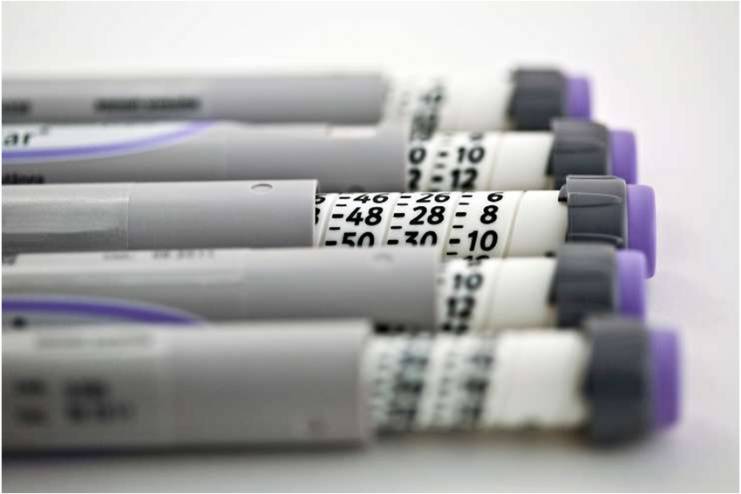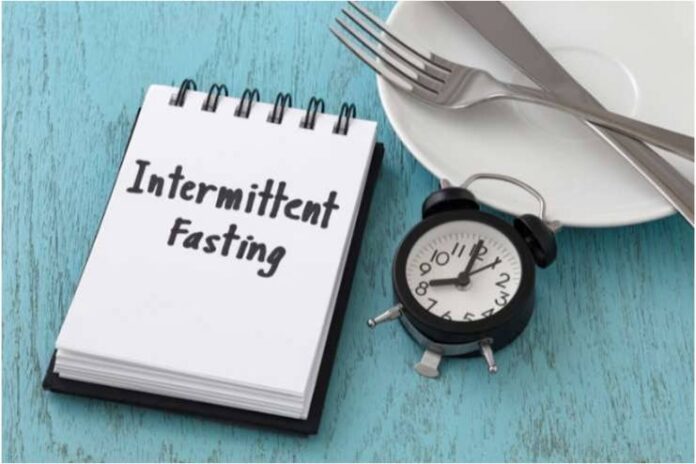Affiliate Disclaimer
Some links in this article are affiliate links. We may earn a small commission if you make a purchase through these links, at no extra cost to you. We only recommend products we find useful to our readersAs a lifestyle option, intermittent fasting has grown in popularity since it provides a straightforward method for managing weight and improving general health. Type-II diabetes, a condition that significantly impacts health and quality of life, is often managed with medication, but treatment can be challenging.
Recently, new studies have linked intermittent fasting to the management of Type-II diabetes, suggesting it as a potential cure. Fasting shows promise in improving insulin sensitivity and regulating blood sugar levels, offering hope to those affected by this chronic condition. As research continues, intermittent fasting could revolutionize diabetes treatment strategies.
Understanding Intermittent Fasting
A method of diet known as intermittent fasting (IF) alternates between times when one fasts and when one eats. Unlike conventional diets, it emphasizes when you eat rather than what you eat. The 16/8 strategy entails fasting for at least 16 hours and eating within an 8-hour window, and the 5:2 diet, which calls for normal eating for five days and calorie restriction on two non-consecutive days, are both popular approaches.
These fasting techniques affect the body by increasing insulin sensitivity, which aids in better blood sugar regulation. The body burns stored energy when fasting, which lowers insulin levels and enhances insulin cellular response. Intermittent fasting may help to reduce the risk of Type II diabetes and help with weight management. It may also improve overall metabolic health by giving the body a break from continuous digestion.
How Intermittent Fasting Helped Patients Eliminate Insulin Injections

A small new diabetes study published in BMJ Case Reports highlights promising findings about intermittent fasting as a potential treatment for type II diabetes. The study involved three men aged 40 to 67 who adopted intermittent fasting to evaluate its effects on their condition. Participants followed a fasting regimen while continuing their regular medications and insulin.
The study used two fasting methods: two participants fasted every other day for 24 hours, while the third fasted three days a week. They consumed a low-calorie meal and drinks during fasting to prevent adverse side effects.
Results showed significant improvement in insulin sensitivity and diabetes management. All three patients were able to reduce or eliminate their insulin use, suggesting that intermittent fasting could be a viable approach for managing or even curing Type II diabetes. The study provides a hopeful outlook for using fasting as part of diabetes treatment strategies.
Real-Life Success Stories from Intermittent Fasting

Dr. Michael Mosley, renowned author of “The Fast Diet,” has become a leading advocate for intermittent fasting (IF) due to its transformative effects on health. Dr. Mosley’s extensive research and writings present compelling success stories demonstrating how IF has helped individuals manage and even reverse Type 2 diabetes. His book delves into various case studies of people who, by adopting IF protocols, have experienced significant improvement in their blood sugar level, reduced dependence on medications, and overall enhanced health and well-being.
Another inspiring case is Dr. Jason Fung, a nephrologist who has shared numerous success stories in his book, The Diabetes Code. He details how intermittent fasting has helped his patients significantly reduce or eliminate their need for insulin and other diabetes medications.
These real-life examples underscore the potential of intermittent fasting to not only manage but potentially reverse Type-II diabetes, offering hope and practical solutions for those affected by the condition.
Practical Tips for Getting Started

Here are some helpful pointers to get you started if you’re thinking about using intermittent fasting (IF) to treat Type-II diabetes:
- Choose a Method: The 16/8 technique is frequently the simplest for newcomers. After a 16-hour fast, you have an 8-hour window during which to eat. Or try the 5:2 diet, which involves eating normally for five days and calorie-restricting for the other two.
- Plan Your Meals: Make sure your meals are well-balanced and include many nutritious grains, lean proteins, and vegetables. Eat fewer high-sugar items if you want your blood sugar to stay steady.
- Keep Yourself Hydrated: Drink lots of water during your fasting intervals to stay hydrated and control your hunger.
- Monitor Your Progress: See how intermittent fasting (IF) affects your diabetes management by keeping a journal or using an app to track your meal times, blood sugar levels, and fasting intervals.
- Consult Your Physician: Before you begin fasting, discuss your plans with your healthcare practitioner to ensure that it is in accordance with your diabetes treatment plan.
You can begin intermittent fasting safely and effectively by following these guidelines.
Conclusion
One strategy that has shown promise for controlling and possibly even reversing type II diabetes is intermittent fasting. Many people have noted increased insulin sensitivity and decreased drug need by implementing fasting techniques. This tactic provides a straightforward yet efficient means of improving blood sugar regulation and general well-being.
Before beginning any new diet, speak with your healthcare professional to ensure it’s appropriate for your particular needs. Examine the possible advantages of periodic fasting and consult your physician to make an educated choice about implementing it into your diabetes treatment regimen.
-
Oct 2018Written by Somapika D
-
Sep 2024Edited by Ankita
In this Article


















